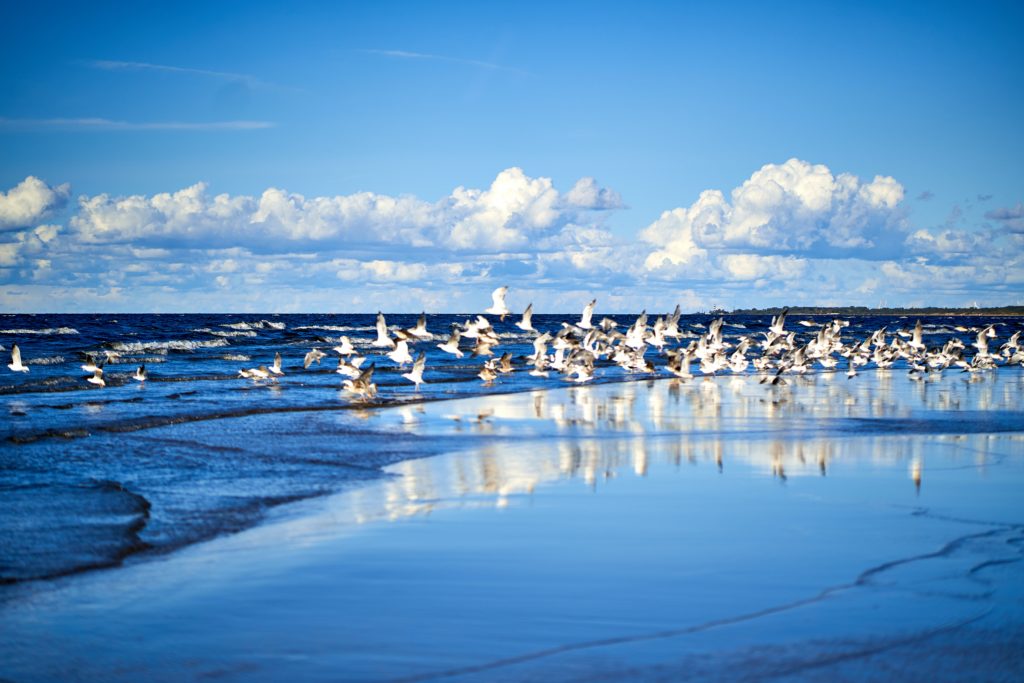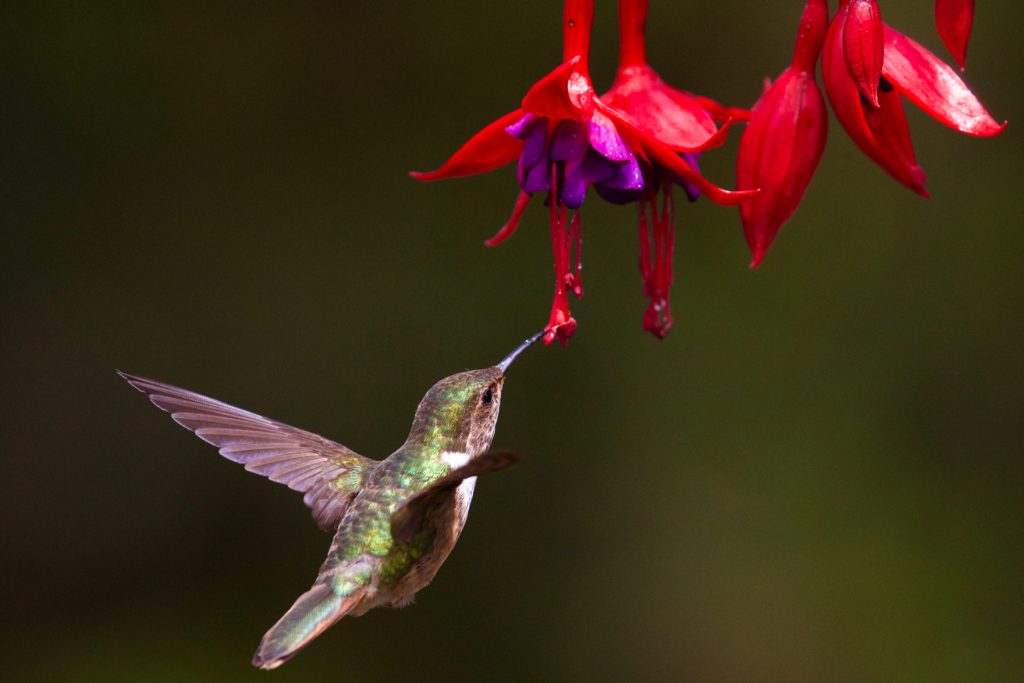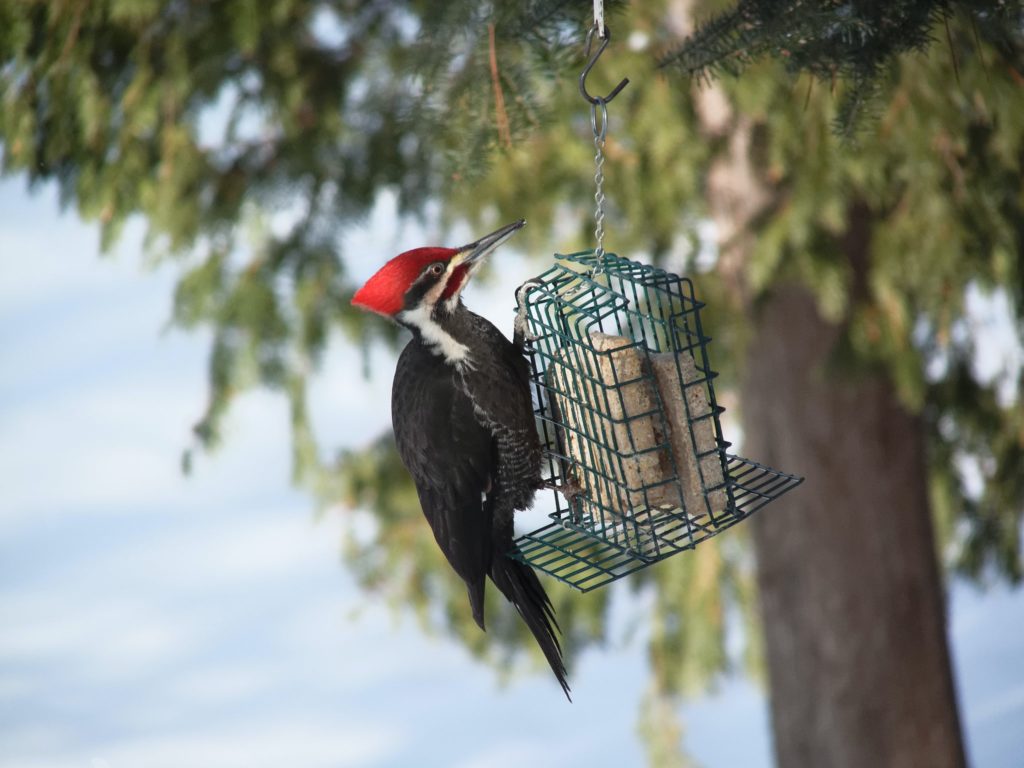The Link Between Biodiversity and Climate Change

Nature gifts humanity so much of what we need to live and prosper. It provides us, among other things, with clean air, food, water, a stable climate, medicine, and economic growth.
Biodiversity is life on Earth, in all its forms, and it has evolved over millions of years. It creates a web that mankind depends on for our survival. This web is now severely threatened by our present lifestyles, as can be seen in this article.
We also depend on Nature and its abundance for our mental health, although more and more people living in huge cities have little access to the natural world and its wonders. Clearly they have less understanding of its value both to themselves and the planet.
The Curative Power of Nature
Rachel Carson, a scientist, who wrote the book Silent Spring in 1962 about the dangers of pesticides put it this way:
“Those who contemplate the beauty of the earth find reserves of strength that will endure as long as life lasts. There is something infinitely healing in the repeated refrains of nature — the assurance that dawn comes after night, and spring after winter.”
This is, perhaps, one of the most depressing books I have ever read as she talked, even in 1962, of the disappearance of the birds that we were (and are) killing off with our ignorance and unwillingness to change.
To describe what she envisaged from our overuse of the pesticide DDT she wrote:
“It was a spring without voices. On the mornings that had once throbbed with the dawn chorus of robins, catbirds, doves, jays, wrens, and scores of other bird voices there was now no sound; only silence lay over the fields and woods and marsh.”
It certainly served as a wake-up call for me, if not for the farmers who regularly spray their fields with ever more ferocious pesticides and other chemicals that are destroying the fertility of the soil.
The situation now, according to a report by Birdlife on the State of the World’s Birds 2022 is that nearly half of the world’s bird species are declining, with at least one in eight species threatened by extinction.
We are in deep trouble!

What is the link between Biodiversity and Climate Change?
Climate Change is caused by excess carbon dioxide and other Greenhouse Gases being pumped into the atmosphere and it is now absolutely certain that human beings are responsible for the vast majority of this.
In Nature, forests, healthy soil, mangrove swamps and seaweeds absorb carbon dioxide for their growth, thus taking it out of the atmosphere without it contributing to Global Warming.
(The oceans also absorb vast amounts of carbon dioxide and heat which up till now have helped reduce the potential for Climate Change. They now face their own very serious threats to biodiversity.)
However we are now cutting down forests at unprecedented rates, poisoning our soils, chopping back our mangrove swamps, and our seaweeds are threatened with extinction, as you can see in this article.
These ecosystems which have in the past acted as carbon sinks, (i.e. have absorbed carbon dioxide) are rapidly becoming sources of carbon, thus contributing to Climate Change.
To understand more about Biodiversity see my blog Biodiversity and why the Earth Needs More of it.
Biodiversity and Climate Change are interlinked. Loss of Biodiversity feeds Climate Change and of course, Climate Change affects Biodiversity. The warming oceans are killing coral reefs, nurseries to many species of fish and other sea creatures. This raises the spectre of hunger for poorer nations who depend on fish for their protein intake. Many plants cannot cope with the new heat and cannot migrate to cooler climes fast enough to ensure their survival.
As temperatures rise the cereal crops that the world depends on become less productive. And so it goes on.
We need to look after our wild creatures

Biodiversity Loss
What can each of us do in the face of such a huge challenge?
- We must act, either alone or in groups.
- We must take the situation really seriously as we will not get another chance.
- We must not lose hope and stop fighting.
- We must continue to do all the things required to fight Climate Change.
- We don’t have to be vegetarians or vegans, although it would help, but we must cut down the amount of meat we eat: this is critical. Have a look at this article in the Guardian about the problems in the Amazon rainforest because of deforestation from farming beef cattle.
- Eat a lot less fish, and if you do buy it find out where it has come from. This article indicates that bottom trawling (a fishing method that involves scraping the ocean floor with giant nets) releases as much carbon into the atmosphere as the entire aviation industry does – about a billion metric tons a year.
- Eat organic food if you possibly can. Chemicals sprayed on the soil destroy all the little creatures on whom we depend for healthy food.
- Plant lots of flowers in your garden to attract bees. Build insect hotels for the winter.
- Feed your garden birds. Life is very hard for them with fewer insects around, and the changing seasons mean their young are often born before there is food available for them.
- Encourage your local Councils to leave the verges uncut in Spring.
- Think about groups that are rewilding. You don’t have to have wolves and bears in your backyard, but helping to rebuild old forests is great.
- Think about funding organisations that are working to restore Biodiversity.
- Keep encouraging your politicians to stick to their promises on Biodiversity. Ask questions and make sure they answer them fully.
This seems like a long and difficult list. Don’t lose heart, keep fighting, join organisations that are more powerful than individuals and keep talking to your politicians about that new world you want to see.
To subscribe to my blog, please use the form on the Home page.
(Photographs above are all on Unsplash: 1. by Raimond Klavins, 2. by James Wainscoat, 3. by 4cpus 4me)

Thank you, and well done Doreen.Have just finished the book Wilding. I wonder if you read that?
Hi Patsy, Thank you, as always for your kind comments. I hope you are well?
I have read Rewilding by George Monbiot. I loved it. Is that the one you mean?
I am doing a Guardian Masterclass at the moment on how to talk to people about Climate
Change. That is really interesting. Also I was in London not so long ago at an Extinction
Rebellion protest. That was amazing and very encouraging.
Hope we can all talk soon.
Best wishes, Doreen